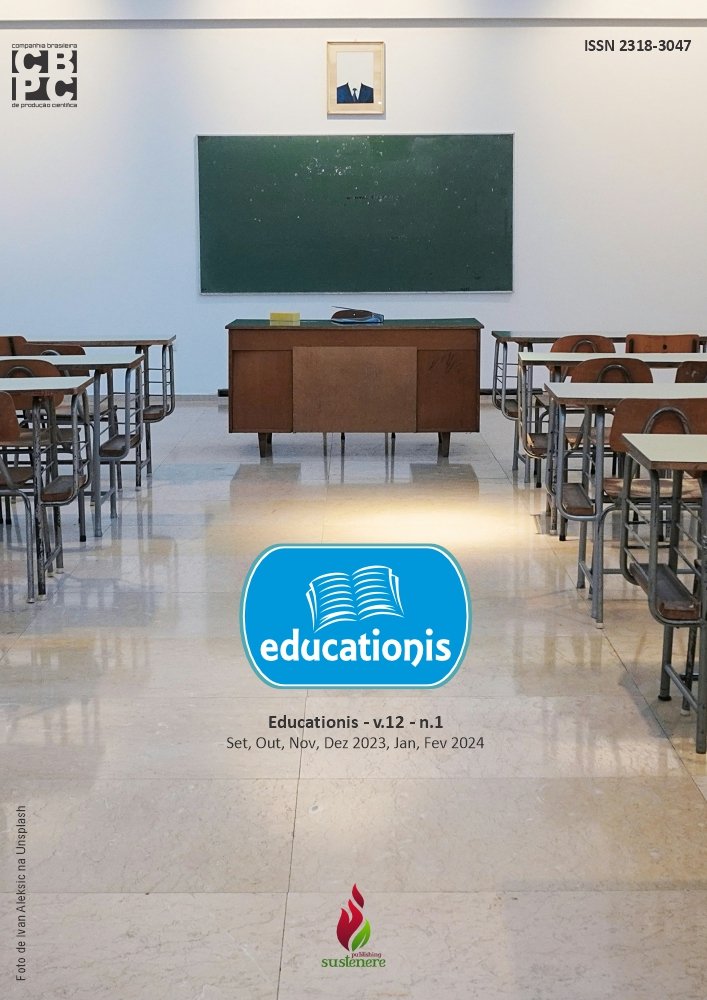Literacy in the pandemic: public policies in the state of Minas Gerais, Brazil, aimed at education in the early years of fundamental education in the period of social isolation
DOI:
https://doi.org/10.6008/CBPC2674-6646.2020.002.0004Keywords:
COVID-19, Pandemic, Public policy, Literacy, Elementary education of early yearsAbstract
The pandemic of the new coronavirus has reached proportions that no one could have predicted and has negatively impacted most countries in the world. In addition to the more than 18.1 million cases, more than 690 thousand deaths from the new disease have been recorded by August 2, 2020. In Brazil, this disease has caused a huge crisis in public agencies, especially those that offer services such as health and education, and made the country need emergency measures to contain the problems. Also, in Brazilian territory, the federative units enjoy relative autonomy to manage the impacts caused by COVID-19, a disease caused by the new virus. The spread is very fast and caused by infection by droplets secreted by sick people. In this way, almost all locations in Brazil have adopted social isolation as a way of preventing the spread of the new virus and bypassing a possible collapse of state systems. Thus, the distance from people directly impacted the practice of education. In the state of Minas Gerais, the government launched the Tutored Study Plan (TSP), which presents guidelines and activities for students to develop with the help of parents or guardians. Thus, this study aims to analyze TSPs targeted at the early years of elementary school, in addition to raising the benefits and lags for literacy contained in the project. This is a qualitative, analytical and exploratory research, based on the analysis of data available on the website of the Minas Gerais Department of Education. Thus, the documents were analyzed and it was found that this project is interesting in terms of maintaining educational practices in the context of social isolation. However, it presents problems regarding students' access to the internet, the diversity of family environments and the inability, often, of most families to establish pedagogical practices and effectiveness in the literacy process. For this reason, it is considered that families that have never been trained to do this can not be required to know how to manage, even if provisionally, the education of these students. Teaching that is usually made more complex because it deals with the issue of literacy and that requires adequate management so that it is efficient and lasting.
Downloads
Published
Issue
Section
License
The CBPC - Companhia Brasileira de Produção Científica (Brazil CNPJ: 11.221.422/0001-03) the material rights of the published works. The rights relate to the publication of the work anywhere in the world, including rights to renewals, expansions and dissemination of the contribution, as well as other subsidiary rights. All electronically published works may subsequently be published in printed collections under the coordination of this company and / or its partners. The authors preserve the copyright, but are not allowed to publish the contribution in another medium, printed or digital, in Portuguese or in translation. Exceptionally, the authors of the special section “Registration of Artistic Works (photographs, music, poetry, poems, sonnets, etc.)” in “Arts / Music” journals preserve copyright and materials.









